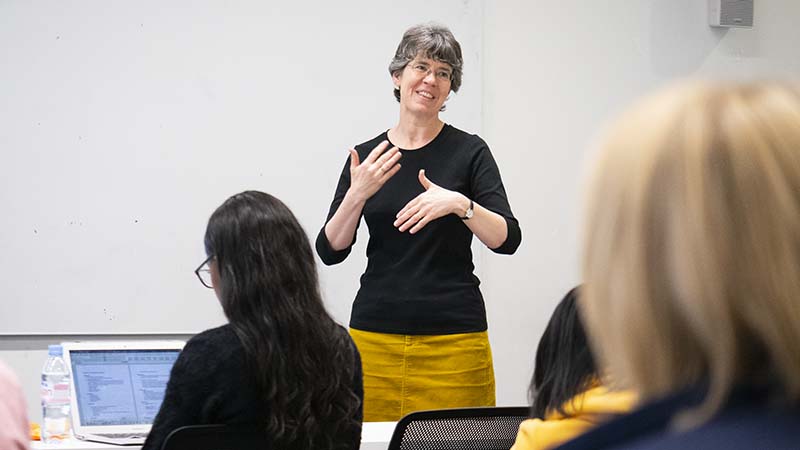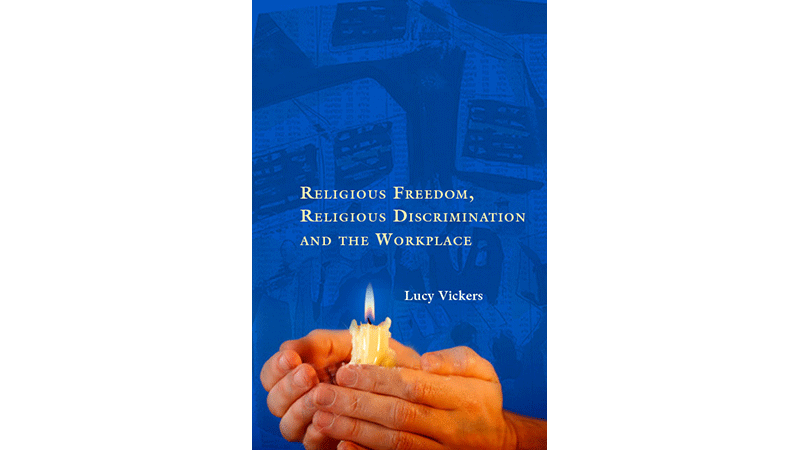Professor Lucy Vickers has been instrumental in improving the way religion and belief are protected in the workplace.
Her research has shaped Government policy in this important area, preventing hasty or unnecessary changes to the law and providing employers with a robust and reasoned process to follow when considering individual cases.
Thanks to her input, employers and employees alike now benefit from a simpler legal framework. Meanwhile, religious or sexual minority groups whose rights in the workplace might otherwise be vulnerable to discrimination, are better protected through equality law.


